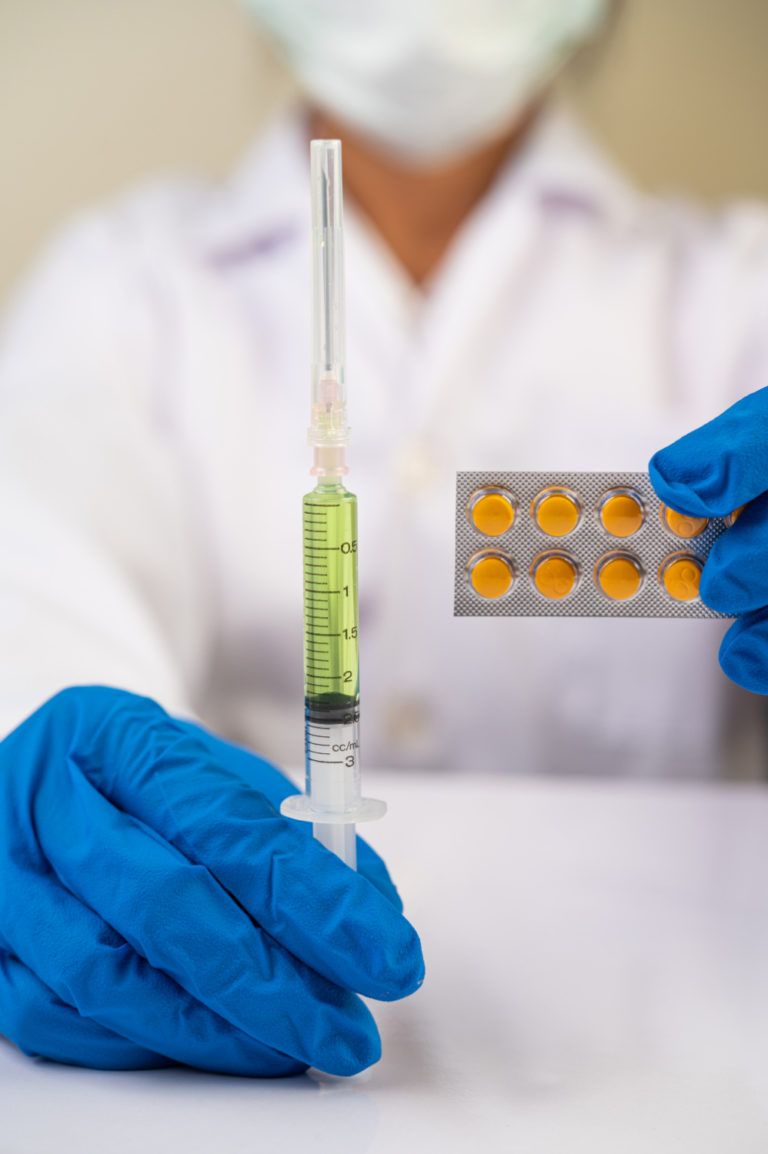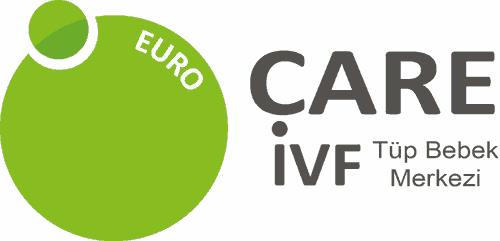
Egg retrieval is not a painful procedure, however, you may feel slight discomfort.
If you’re scheduled for an egg retrieval procedure, you may have questions about the process and its role in your fertility treatment. Read on to find out more about what you can expect on the egg retrieval day.
Egg retrieval is minimally invasive
Egg retrieval is the next step in the IVF process following the ovarian stimulation phase during which you’ll be taking hormone injections to stimulate the growth of multiple eggs. Once the eggs have reached sufficient size (which is about 18mm), you will be administered a hCG trigger shot to prepare them for retrieval.
On the egg collection day, our doctor will use an ultrasound to look at the ovaries. Mature eggs will be retrieved transvaginally using ultrasound-guided aspiration. This is the least invasive method that causes no pain and leaves no scars in your ovaries.
Our IVF doctor will then gently aspirate the eggs using light suction. They’ll be collected and labelled with your name and unique identification number, which will then be handed off to the embryology lab for fertilisation/freezing.
After the process is complete, your doctor will examine your vaginal wall and your ovaries. You may feel a certain degree of cramping sensations. We’ll give you analgesic (pain killer) medication, as you need it. Although rare, you may need extra medication or close monitoring after this step if this is a concern (e.g. OHSS).
How to prepare yourself for the egg collection day?
Prepare to have a relaxing day. Since the procedure is done in the morning, take a day off and avoid any responsibilities afterward (e.g. appointments/childcare responsibilities).
Avoid eating or drinking the morning of the procedure. If you take medication, ask our doctor whether you can take a skipped day.
Arrive at the EuroCARE IVF Centre in Nicosia, North Cyprus on time. There, you’ll change into a gown and meet our team.
The procedure will take place in an operating room. You’ll be asked to lie down on the table (warm blankets will be provided if you’re cold). The process will be over in less than 20 minutes.
You won’t feel anything during the procedure
Prior to the egg collection, you’ll be given light sedation. This is not general anaesthesia (you’ll still be breathing on your own).
Most patients sleep through the process, but some are semi-awake and pain-free. Those who stay (semi-) awake will probably remember what’s going on.
With light sedation, you’ll be able to recover quickly and return to your everyday activities soon after your procedure. As the safest technique out there, you should not worry about any side effects (<1% risk of complications).
As an effective quick sleep and rapid wake up method, this approach is also applied in male procedures like Micro TESE (microsurgical sperm retrieval in cases of zero sperm count).
What happens after the retrieval?
Once the eggs are removed, you’ll rest in the recovery room for about an hour to make sure the sedative effect of the drugs wears off. Mild nausea is common, and you will get medication, as well as medication for cramping (if any).
Typically, you will go home and sleep most of the rest of the day. You should be able by the next day to resume normal activities.
Collected eggs will go to the laboratory to be prepared for fertilisation/freezing with sperm to create embryos.
Depending on the number of eggs retrieved and the plan after retrieval, you could possibly be asked to return to the clinic for a fresh transfer on the third or the fifth day (blastocyst stage) post-retrieval. If your embryos are being frozen, then you would come back in the next cycle for a frozen embryo transfer (FET).
What are the symptoms after the egg retrieval?
Often patients feel less bloated and hormonal, however, not all the symptoms disappear right away, because your hormone levels are elevated even after the extraction. Usually, these symptoms will resolve in three to five days post-retrieval and are gone by the next cycle.
What’s next?
Generally, egg retrieval is a very safe procedure. As always, speak to our EuroCARE fertility doctor over a video call for free about any concerns you might have about your egg retrieval.
